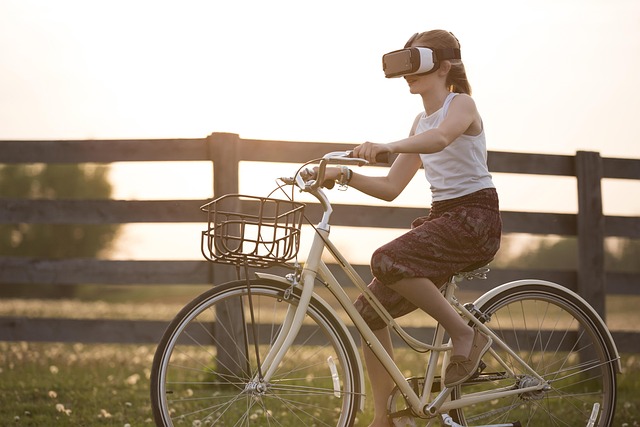In recent years, the educational landscape has undergone a profound transformation, substantially influenced by technology. Among the most groundbreaking innovations are virtual reality (VR) and augmented reality (AR), which are paving the way for a more immersive and engaging approach to learning. As we delve deeper into the metaverse, these technologies are not just tools; they represent a paradigm shift toward enhancing educational effectiveness.
Virtual reality for educational effectiveness allows students to step into a 3D world that transcends the limitations of traditional classroom settings. Imagine a biology class where students can virtually explore the human body, witnessing the intricacies of organ functions up close. With VR, concepts that are often abstract become tangible, fostering better retention and understanding. This immersive experience caters to various learning styles, making lessons more inclusive for every student.
On the other hand, augmented reality brings educational content to life by overlaying digital information onto the real world. Picture students in a history class donning AR glasses that project historical events right before their eyes, allowing them to interact with virtual artifacts and even engage in reenactments. This form of learning not only sparks curiosity but also drives engagement, as learners are more likely to retain information that they can see and touch.
The metaverse, a collective virtual shared space, further enhances the role of VR and AR in education. By connecting learners from around the globe, the metaverse fosters collaboration, where students can conduct joint experiments, participate in global discussions, and share insights in real-time. The social aspect of learning becomes more pronounced, as students not only consume information but actively engage with peers in a shared reality, transcending geographical boundaries.
Moreover, educators can leverage the metaverse to create customized learning experiences tailored to individual students’ needs. With advanced analytics and data collection, teachers can gain insights into students’ learning patterns and preferences. This empowers them to adapt their teaching techniques for maximum effectiveness, ensuring that every learner receives personalized support.
Despite the undeniable benefits, challenges remain in the integration of VR and AR in educational settings. Accessibility to technology and training teachers to effectively use these tools are critical factors that need attention. However, as educational institutions recognize the potential of these technologies, initiatives aimed at overcoming these barriers are budding across the globe.
Incorporating virtual reality and augmented reality into the metaverse offers an unprecedented opportunity to redefine learning. This technological evolution not only motivates students but also cultivates a deeper understanding of the material. The future of education is bright with possibilities, as we continue to unlock the potential of immersive technologies that resonate with learners today and tomorrow. Education, in its essence, is about opening doors to new experiences, and with VR and AR, the journey has just begun.



